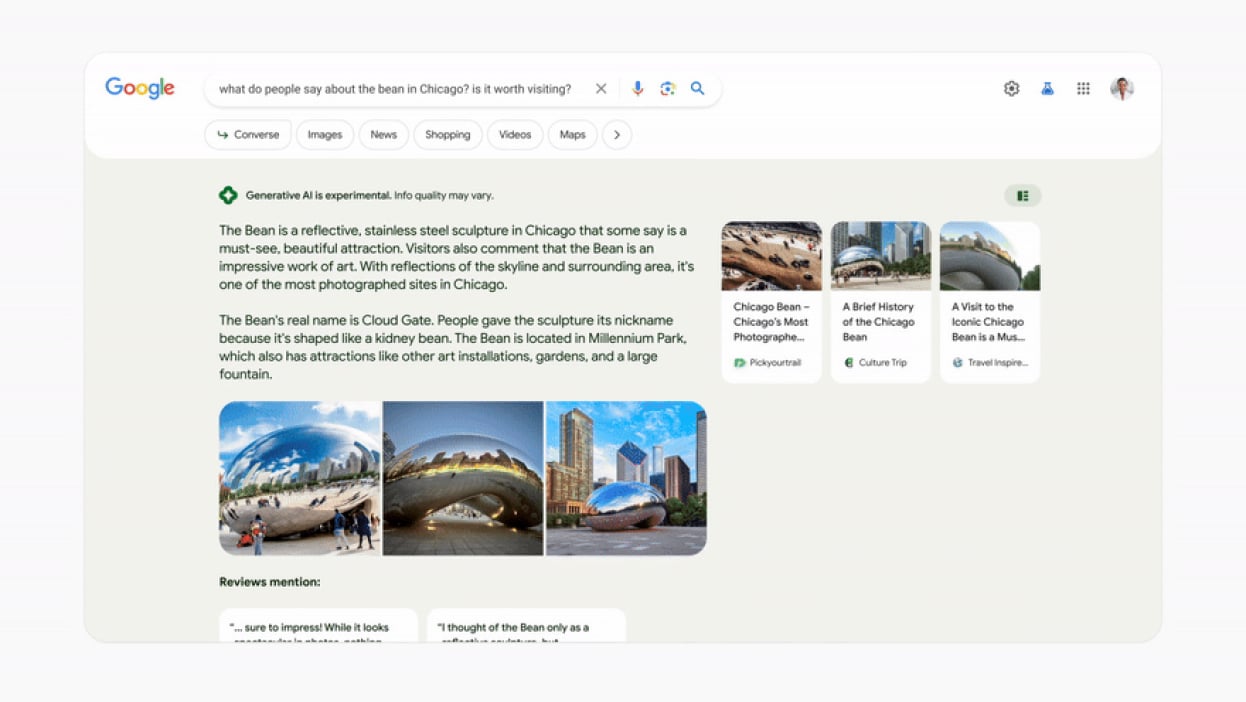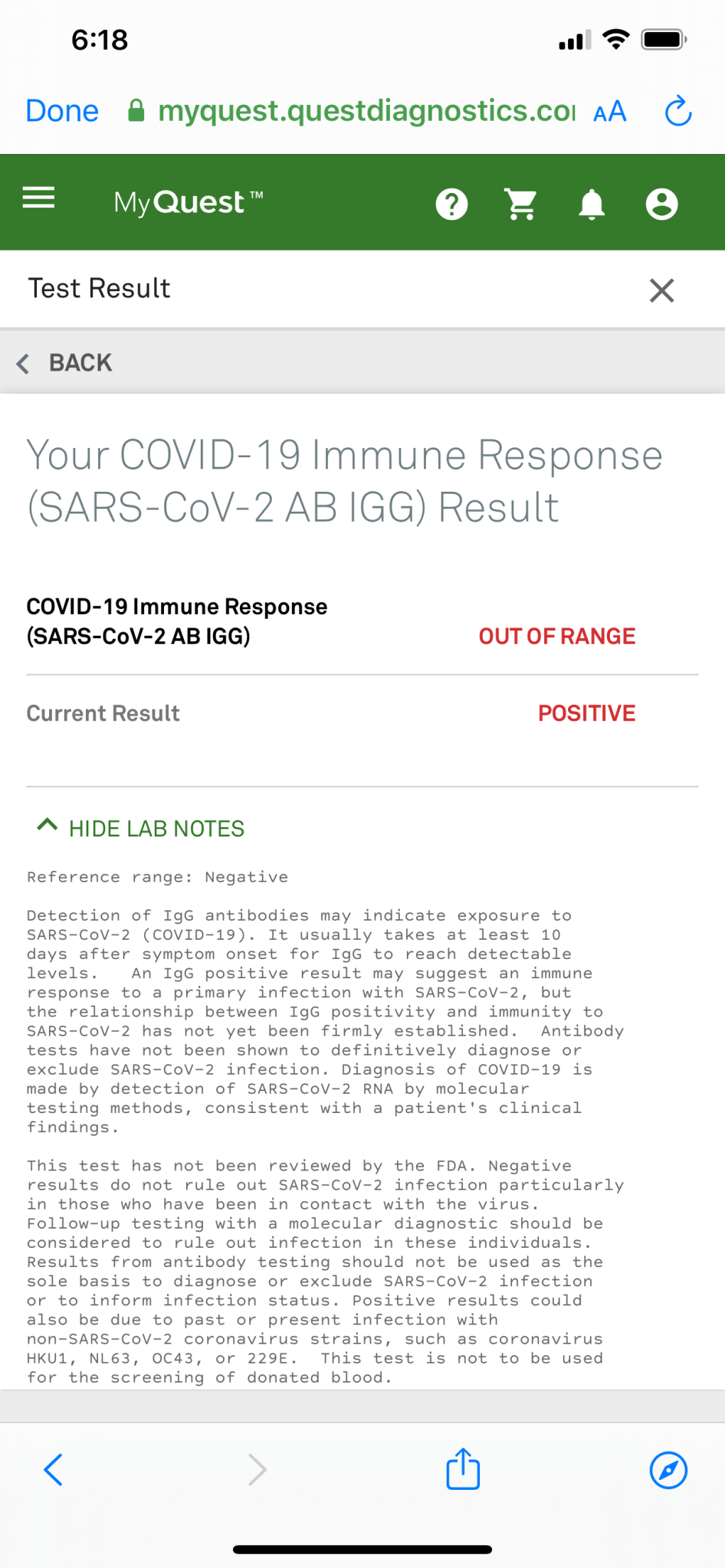Google Search AI: Continued Training On Web Content After Opt-Out

Table of Contents
Understanding Google's Data Collection Practices
Google uses vast amounts of web data to train its AI models, powering services like Google Search, Google Assistant, and other AI-driven applications. This data collection is crucial for improving the accuracy and relevance of these services. Website owners can utilize several methods to try and limit this data usage. These include using robots.txt to restrict access to specific parts of their website, and employing other tools offered by Google itself to manage data sharing. However, the effectiveness of these tools is often debated.
- How Google uses web data for improving search results relevance: Google's algorithms analyze billions of web pages to understand their content, context, and relevance to user queries. This data informs how search results are ranked, aiming to provide users with the most relevant information.
- The role of web data in enhancing Google’s AI capabilities: Web data is crucial in training machine learning models that power Google's AI. The more data Google processes, the more sophisticated and accurate its AI becomes. This leads to improved natural language processing, better image recognition, and more effective search algorithms.
- Potential benefits and drawbacks of Google's AI training: While Google's AI advancements offer improved user experiences and technological progress, concerns remain regarding data privacy, potential biases embedded in the training data, and the lack of transparency around the precise methods employed.
The Reality of Opting Out: Does it Fully Stop Data Usage?
Opting out of Google's data collection, while seemingly straightforward through methods like robots.txt or specific Google tools, doesn't guarantee complete removal of your website's data from its AI training datasets. Several factors limit the effectiveness of opt-out mechanisms.
- Google's web crawlers revisit sites even after opt-out: Google's crawlers continuously scan the web for updates and changes. Even if you've opted out, they might still access your site during subsequent crawls, potentially collecting data that is then used in the ongoing training of their AI models.
- Persistent nature of data already collected prior to opt-out: Data collected before you opted out will likely remain in Google's systems and could continue to be used for AI training purposes. This is a significant limitation of any opt-out mechanism.
- Challenges in completely controlling data usage in the dynamic web environment: The vastness and dynamic nature of the internet make complete control over data usage extremely challenging. Even with careful implementation of opt-out strategies, some data might inadvertently be used. The sheer scale of Google's data collection makes total avoidance nearly impossible for most website owners.
Strategies for Minimizing Data Usage After Opting Out
While completely preventing your website's data from being used by Google's AI is difficult, you can minimize its impact through additional privacy-enhancing measures:
- Using privacy-focused plugins or extensions: Browser extensions and plugins designed to enhance user privacy can help block tracking scripts and limit data collection.
- Limiting the public accessibility of sensitive data: Restricting access to confidential or personal information on your website reduces the potential for its inclusion in Google's datasets.
- Advocating for increased transparency and user control: Encourage search engines to provide greater transparency in their data usage practices and to offer more robust user control over how their data is handled. This includes calling for clearer opt-in/opt-out options that are truly effective. Regularly review and update your privacy policies to reflect your commitment to user data protection.
The Ethical Implications of Continued Data Training
The continued use of web data for AI training, even after users opt out, raises important ethical questions.
- Concerns about data ownership and control: Website owners have a reasonable expectation of control over their data. The current system often lacks clarity regarding ownership and the extent to which data can be used without explicit, ongoing consent.
- Potential biases introduced into AI models due to skewed data sets: If Google's training data is biased, its AI models will likely reflect those biases. This could have significant implications, particularly regarding fairness and equity.
- Implications for smaller websites and less tech-savvy website owners: Smaller websites may have fewer resources to protect their data and may be disproportionately affected by Google's data collection practices.
Conclusion
Opting out from Google's data collection does not guarantee complete removal of your web content from its AI training datasets. There are limitations and complexities involved. Understanding Google's data practices and exploring available strategies to minimize the usage of your website data, even after opting out, is crucial. Stay informed about updates to Google's policies and actively manage your website's data usage to maintain control over your online presence and privacy. Learn more about managing your data in relation to Google Search AI and other AI training programs today!

Featured Posts
-
 50 1
May 04, 2025
50 1
May 04, 2025 -
 Australian Election Albaneses Labor Party Favored As Voting Commences
May 04, 2025
Australian Election Albaneses Labor Party Favored As Voting Commences
May 04, 2025 -
 Sham Announcement Tories React To Reform Party Members Joining Farage
May 04, 2025
Sham Announcement Tories React To Reform Party Members Joining Farage
May 04, 2025 -
 Thunderbolts A Deep Dive Into Marvels Latest Venture
May 04, 2025
Thunderbolts A Deep Dive Into Marvels Latest Venture
May 04, 2025 -
 Political Fallout Farages Zelenskyy Comments Spark Debate
May 04, 2025
Political Fallout Farages Zelenskyy Comments Spark Debate
May 04, 2025
Latest Posts
-
 Ai And The Poop Podcast Analyzing And Transforming Repetitive Scatological Information
May 04, 2025
Ai And The Poop Podcast Analyzing And Transforming Repetitive Scatological Information
May 04, 2025 -
 Analyzing Marvels Thunderbolts Success Or Failure
May 04, 2025
Analyzing Marvels Thunderbolts Success Or Failure
May 04, 2025 -
 Thunderbolts A Deep Dive Into Marvels Latest Venture
May 04, 2025
Thunderbolts A Deep Dive Into Marvels Latest Venture
May 04, 2025 -
 The Thunderbolts Marvels Gamble On Anti Heroes
May 04, 2025
The Thunderbolts Marvels Gamble On Anti Heroes
May 04, 2025 -
 Pandemic Fraud Lab Owner Pleads Guilty To Fake Covid Test Results
May 04, 2025
Pandemic Fraud Lab Owner Pleads Guilty To Fake Covid Test Results
May 04, 2025
